Overview
Publications
Recruitment
Intranet
CIFRI Corners'
Pulicat Lake, situated on Coromandel Coast on the border between Andhra Pradesh and Tamil Nadu, is the country's second-largest brackish water lagoon, after Chilika. The lake is not only an important natural resource, but also serves as a hub of fishery and biodiversity. The Lake's brackish water ecosystem, combining salt and freshwater, provides a unique habitat for both marine and estuarine fishes including mullets, prawns, crabs, catfishes, etc. The Lake fishery supports livelihood of thousands of fishermen and ancillary sectors like seafood processing and marketing. Fish from Pulicat Lake are sold at local markets and shipped to urban areas, boosting the rural economy.
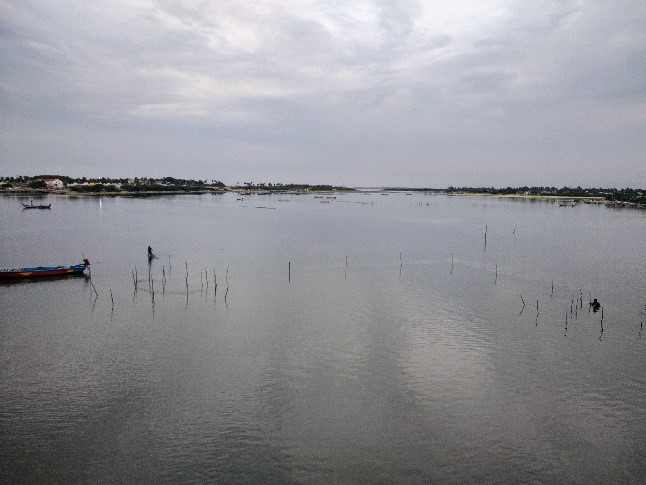
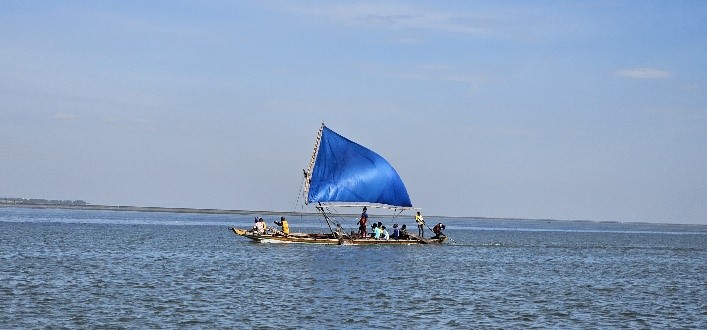
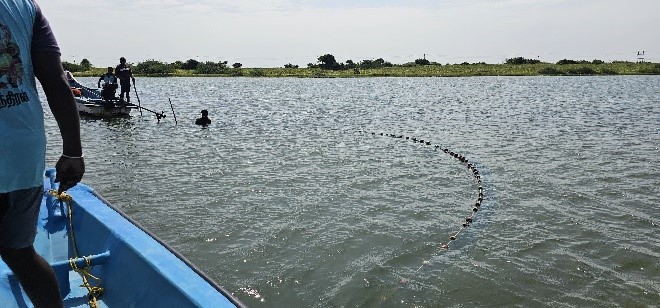
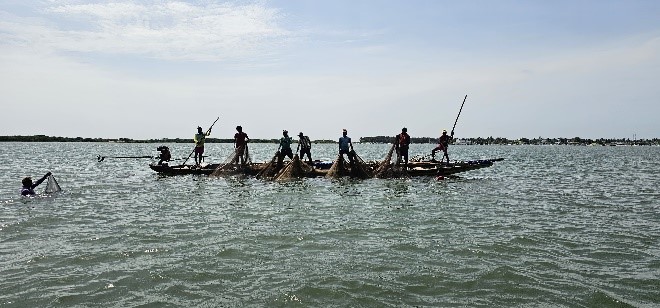
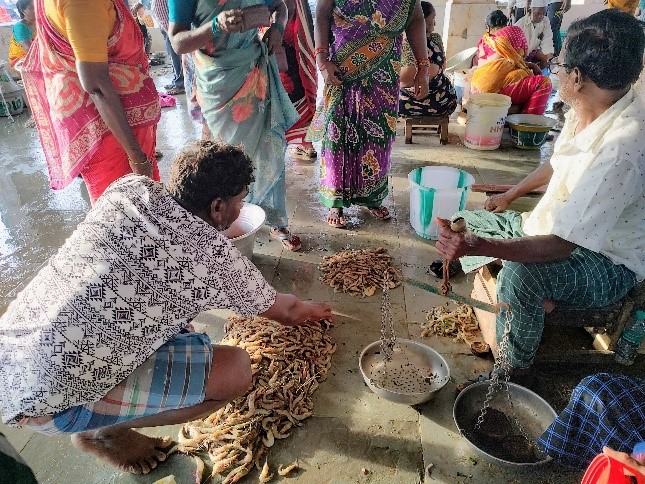
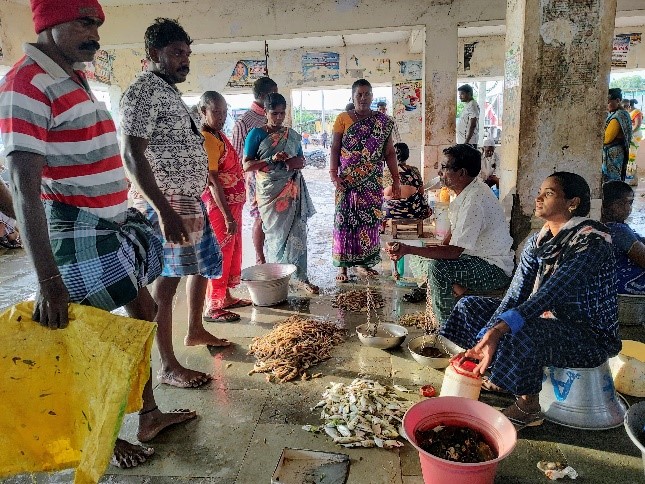
Dr. Sanjoy K. Das, Principal scientist, Dr. Dibakar Bhakta, Scientis and Mr. Rikesh Sarkar, Technical officer performed the survey, while Dr. Basanta K. Das, Director of ICAR-CIFRI, provided oversight.










